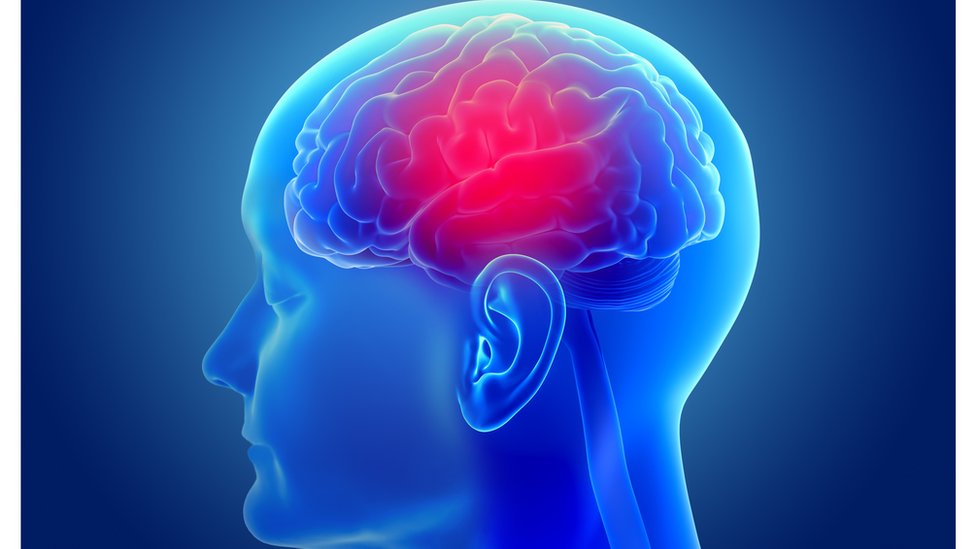A brain tumor is a mass or growth of abnormal cells in the brain. It can be either malignant (cancerous) or benign (non-cancerous). There are many different types of brain tumors, and the symptoms can vary depending on the location, size, and type of tumor. Some common symptoms of a brain tumor include:
1. Headaches: Headaches are one of the most common symptoms of a brain tumor. They may be severe or persistent and are often worse in the morning. The headache may be accompanied by nausea, vomiting, and changes in vision or hearing.
2. Seizures: Seizures are another common symptom of a brain tumor. They can cause a range of symptoms, including muscle twitching, loss of consciousness, and convulsions. Seizures can also be a sign of other conditions, so it’s important to see a doctor if you experience one.
3. Nausea and vomiting: Nausea and vomiting are common symptoms of a brain tumor, particularly if the tumor is located in the area of the brain that controls nausea and vomiting. These symptoms can be persistent or intermittent.
4. Changes in vision: Changes in vision can occur if a brain tumor is pressing on the optic nerve. These changes can include double vision, blurry vision, or a loss of peripheral vision. You may also see flashing lights or experience a dark spot in your field of vision.
5. Memory loss and confusion: Memory loss and confusion can occur if a brain tumor is affecting the part of the brain that controls memory and cognition. You may have difficulty remembering things, have trouble concentrating, or feel confused.
6. Changes in personality or behavior: A brain tumor can affect the part of the brain that controls behavior and personality. You may experience changes in your mood, behavior, or personality, including depression, anxiety, or aggressiveness.
7. Weakness or numbness: A brain tumor can cause weakness or numbness on one side of the body or in a specific limb. This can make it difficult to move or use the affected limb.
8. Speech difficulties: A brain tumor can affect the part of the brain that controls speech. You may experience difficulty speaking, slurred speech, or trouble finding the right words.
9. Difficulty with balance or coordination: A brain tumor can affect the part of the brain that controls balance and coordination. You may experience dizziness, difficulty walking, or trouble with fine motor skills.
It’s important to note that many of these symptoms can be caused by other conditions as well. However, if you experience any of these symptoms, it’s important to see a doctor to determine the underlying cause. A doctor may perform a neurological exam or order imaging tests, such as an MRI or CT scan, to diagnose a brain tumor.
Some additional symptoms of a brain tumor that are less common but can still occur include:
• Changes in taste or smell
• Difficulty swallowing
• Hearing loss or ringing in the ears
• Sleep disturbances
• Fatigue
• Loss of appetite
• Hormonal changes, such as changes in menstrual periods or breast milk production
While anyone can develop a brain tumor, there are some risk factors that can increase your chances. These include:
• Family history: If a close family member has had a brain tumor, you may be at increased risk.
• Age: Brain tumors are more common in older adults.
• Gender: Certain types of brain tumors are more common in men than women.
• Exposure to radiation: Exposure to radiation, particularly to the head, can increase the risk of developing a brain tumor.
• Weakened immune system: People with weakened immune systems, such as those with HIV/AIDS, are at increased risk of developing a brain tumor.

